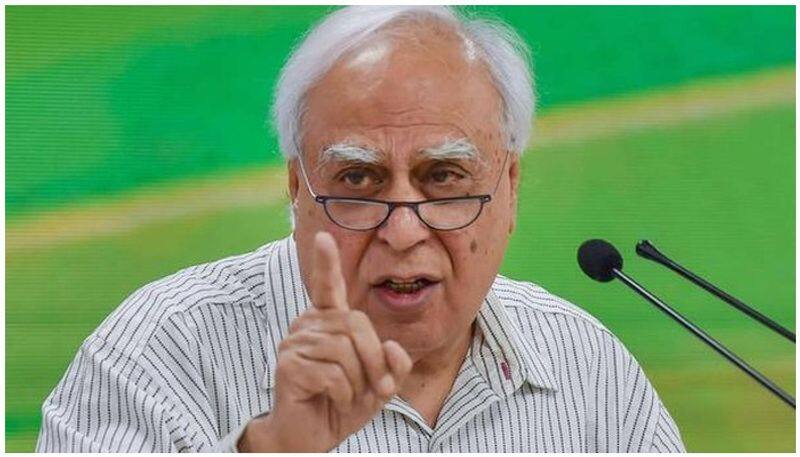Senior Congress leader Kapil Sibal’s message is loud and clear. He said that states have no right not to implement any law passed by the Parliament of India
Bengaluru: In what might come as a surprise to many and even seen as a course correction, senior Congress leader and advocate, Kapil Sibal highlighted and underlined the fact that the states can’t refuse to implement a law passed by the Parliament of India.
"If the CAA is passed no state can say 'I will not implement it'. It is not possible and is unconstitutional. You can oppose it, you can pass a resolution in the Assembly and ask the central government to withdraw it.”
"But constitutionally saying that I won't implement it is going to be problematic and going to create more difficulties," Kapil Sibal said.
#WATCH Senior Congress leader Kapil Sibal in Kozhikode, Kerala: Constitutionally, it will be difficult for any state government to say that 'I will not follow a law passed by Parliament'. #CitizenshipAmendmentAct pic.twitter.com/tNeSt5h0e5
— ANI (@ANI) January 18, 2020
What Kapil Sibal did was to send out a straight message to the governments of Kerala and Punjab. Both the non-BJP ruled states had passed a resolution, urging the centre to withdraw the CAA. While Kerala has approached the top court over the issue, Punjab might toe the same line.
However, if one analyses the move by the Congressman to make such a bold statement, keeping in mind the Congress’s endeavour to oppose the CAA all this while, it is clear that the party doesn’t want to earn the wrath of the communities, whose persecuted minorities in the three countries of Pakistan, Bangladesh and Afghanistan, will be left hanging in mid-air if the CAA is not implemented.
Among these communities, it is chiefly the Hindu and Christian minorities who would have had to bear the brunt of the states’ defiance in not implementing it.
It has to be reiterated that as per Article 256 of the Constitution, states have no right not to implement any law passed by the Parliament of India.
All that they can do is to request the centre to roll back the law and approach the courts of law.
Last Updated Jan 19, 2020, 10:39 AM IST











![Salman Khan sets stage on fire for Anant Ambani, Radhika Merchant pre-wedding festivities [WATCH] ATG](https://static-ai.asianetnews.com/images/01hr1hh8y86gvb4kbqgnyhc0w0/whatsapp-image-2024-03-03-at-12-24-37-pm_100x60xt.jpg)
![Pregnant Deepika Padukone dances with Ranveer Singh at Anant Ambani, Radhika Merchant pre-wedding bash [WATCH] ATG](https://static-ai.asianetnews.com/images/01hr1ffyd3nzqzgm6ba0k87vr8/whatsapp-image-2024-03-03-at-11-45-35-am_100x60xt.jpg)



